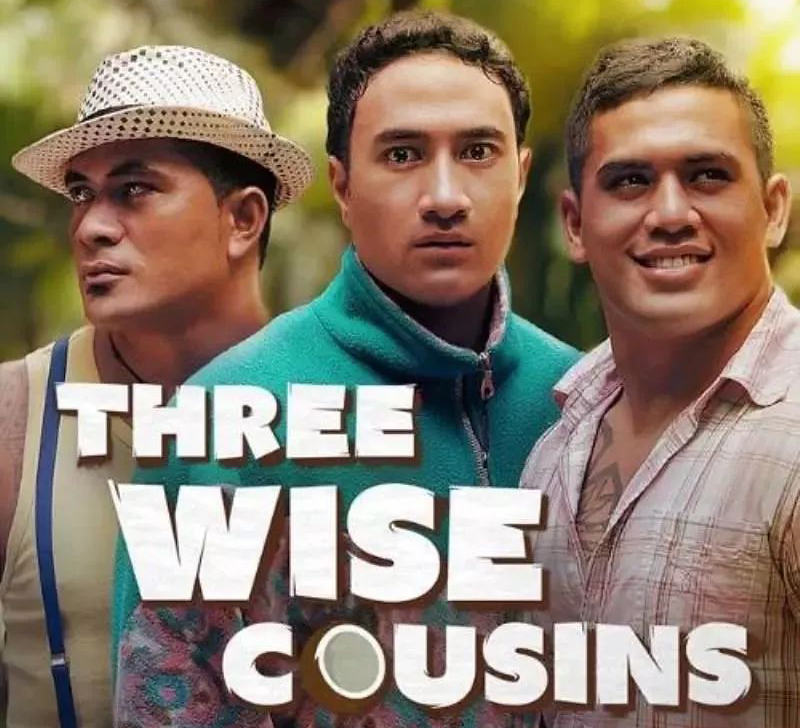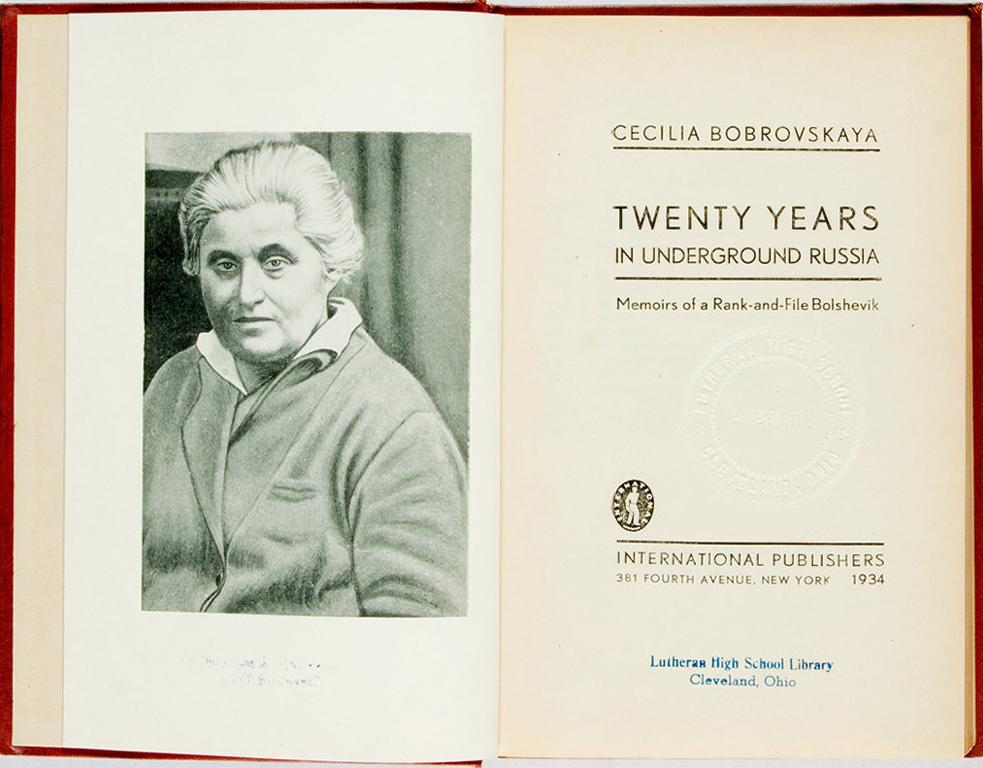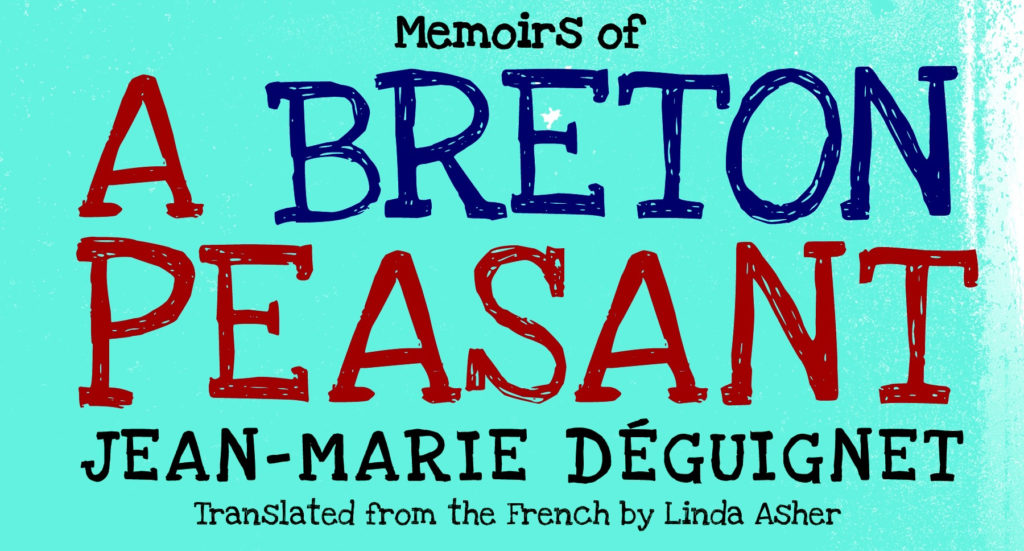We asked writers, activists and intellectuals to offer picks from their reading and watching this year for others over the summer.

Laura Toailoa
If Moana is the example of the commodification of Pacific cultures by a multibillion dollar multinational conglomerate, then Three Wise Cousins is in contrast, what happens when a Pacific film crew pull every last dollar together and hope there’s enough relatives between them to fill a hired-out cinema.
Three Wise Cousins directed by Stallone Vaiaoga-Ioasa (credited as “SQS”) premiered on Monday 21 December 2015. High ticket sales kept the movie in NZ cinemas for 5 and then took it to the Pacific, Australia, and the USA.
This hilarious movie follows one New Zealand Samoan’s journey to discover what it means to be a “Real Island Guy”. This is a movie explores the sense of belonging and identity in a very moving way, wrapped in comedic humour that I’d grown up with but hadn’t seen before on the big screen.
The off-the-cuff dialogue and perfectly timed visual comedy had me in fits of laughter, the brilliant soundtrack by Andrew Faleatua is perfect for the summertime and the moments of reflection had me looking inward to ask, am I a real island girl?
Laura Toailoa will be co-editor of Salient in 2017.

Dougal McNeill
A new Tusiata Avia collection is always cause for excitement, and Fale Aitu / Spirit House (VUP, 2016) has everything you’d expect from a poet of Avia’s powers. It’s a moving, angry, and dextrous work, and showcases a new voice quite distinct from the one on display in Wild Dogs Under My Skirt and Bloodclot. Hera Lindsay Bird’s Hera Lindsay Bird (VUP, 2016) has received all sorts of hype already, and it’s all quite richly deserved. A wonderfully funny and scathingly intelligent collection.
Hang Kang’s The Vegetarian is well known, but this year’s translation of Human Acts should be of particular interest to socialists. The novel is a complex and meditative response to the legacy of the 1980 Gwanju massacre in Korea and its lingering effects on society and the workers’ movement. Jenny Lawn’s Market Fictions is a must-read for anyone interesting in New Zealand literature and politics (but see also my critical review in Counterfutures 2).
Although I disagree with their political analysis, Peter Franks and Jim McAloon’s centenary history of the Labour Party is essential reading for activists wanting to understand this country’s oldest party. And 2016 marked 500 years since the publication of Thomas More’s Utopia, a central, baffling, troubling foundational text for our tradition. Verso have brought out an attractive new edition, with framing essays by China Mieville and Ursula K. Le Guin.

Jenny Lawn
I have to confess that 2016 for me has been the year of the “bluffer’s guide.” I have taken to the London School of Economics podcasts and regularly attend (virtually) author presentations and lively question sessions on texts ranging from Kate Evans’ graphic biography of Rosa Luxemburg, Red Rosa, to Sue Unerman and Kathryn Jacob’s The Glass Wall — Success Strategies for Women at Work. I also relish the tasty little biscuits that are BWB Texts, and look forward to Hannah August’s forthcoming work in the series, on the Humanities in New Zealand.
In the lead-up to the American presidential election, I followed slate.com’s Political Gabfest. After the ghastly result, I consoled myself by listening to National Archives podcasts on Magna Carta, Clementine Churchill, and other gems.
Writing about New Zealand fiction is my job. Influenced by Guy Standing’s work on the precariat and Simon During’s 2015 article “Choosing Precarity,” I’m currently reading three works together, John A. Lee’s (under-appreciated) Children of the Poor, Ian Cross’s The God Boy, and Paula Morris’s short story collection Forbidden Cities. Morris has a wonderful ear and eye for the heart-tug of cruel optimism in the spheres of work and love.
Another confession: Eleanor Catton’s The Luminaries is looming on the shelf, awaiting my attention. I’m sure I’m not the only Kiwi who hasn’t quite gotten around to it yet …
Jenny Lawn lectures in English at Massey University’s Auckland campus. She is the author of Neoliberalism and Cultural Transition in New Zealand Literature, 1984-2008: Market Fictions (Lexington Books, 2016).

Shomi Yoon
Next year marks 100 years since the successful workers’ revolution of 1917. Most readers will know of Lenin, but the Bolshevik party was made up of militant rank and file members – members like Cecila Bobrovskaya. A self-described ‘rank-and-file Bolshevik, her memoir Twenty years in Ungerground Russia recounts vividly the firsthand experiences and hardships of the underground activities of building up the Bolshevik party. This memoir spans the decades from 1874 to 1914, and the painstakingly difficult work of building up the revolutionary Bolshevik party. She was active during the historic split between the Mensheviks and Bolsheviks 1902, and sided with Lenin. Bobrovskaya’s memoir portrays her tireless devotion towards the party, and rank-and-file workers. This memoir is a must for anyone who wants to gain a sense of the courage, tenacity and determination of the rank and file Bolsheviks. Look out for Twenty years in underground Russia: Memoirs of a rank-and-file Bolshevik in second-hand bookstores and local libraries.

Hannah August
2016 was a year for dystopian fiction, and for satire. In the first camp, Lionel Shriver’s The Mandibles: A Family, 2029-2047 (HarperCollins, 2016) envisaged an America that had defaulted on its national debt. Shriver’s dissection of the foibles of a futuristic capitalist society is absorbing, plausible, and darkly humorous. A similar black humour runs through Brannavan Gnanalingam’s homegrown A Briefcase, Two Pies and a Penthouse (Lawrence and Gibson, 2016). Gnanalingam’s third novel lampoons the Wellington public sector with cringeworthily recognisable depictions of the culture and protocols at an imagined government agency. With its female protagonist, it helped to redress the year’s disregard for women’s authority. When Trump’s most misogynistic interview was unearthed the same week as Elena Ferrante was unmasked, one of the best ripostes was to return to the Neapolitan novels and their sublime portrayal of female interiority. While not technically novels of 2016, they and their readers will help carry the fight for women’s agency into 2017 and beyond.
Elena Ferrante’s novels readers can look up are: My Brilliant Friend (2012), The Story of a New Name (2013), Those Who Leave And Those Who Stay (2014), The Story of the Lost Child (2015). (All Text Publishing)
Hannah August is the author of No Country for Old Maids? (2015), a study of demographics, social attitudes and sexism.

Andrew Tait
I recommend Memoirs of a Breton Peasant by Jean-Marie Deguignet, published in English translation in 2011. Jean-Marie Deguignet was born poor in the poorest part of France, Brittany, in 1834. As a child, he was taught the art of begging as his parents, landless labourers, could not feed him. In Brittany, begging was an honourable, even noble trade. Did not the Lord Himself survive on the hospitality of others when he lived on earth? Deguignet himself believed that if it were not for a bee, he would have been forever trapped, like his countrymen, in superstition and ignorance. The bee stung a horse, which kicked nine-year-old Jean-Marie in the head, stoving in his temple and nearly killing him. Until he was a teenager, the wound weeped constantly, causing him discomfort and making him a figure of ridicule. However, from that time on Deguignet had an insatiable appetite for learning and an endless capacity to memorise things. Who knows if it was the bee that created such a singular mind? The fact is Deguignet did live and his memoirs are testament to his intellect. The man was born in poverty, and like many from the poorest places, “escaped” into the army. He served Napoleon III in Crimea, Italy, North Africa and Mexico, but with nothing but scorn for the adventurer’s arrogance, knavery, and cowardice. He returned to Brittany and raised another generation in poverty, his attempts to improve their lot thwarted by his complete inability to compromise or disguise his hatred for the rich and for the priests. He was in politics, “a republican of the most advanced sort” and in religion, a free thinker “a philosophic friend to humankind – the real human kind – and the declared enemy of all gods”. Deguignet’s story is tragic, but no more than the lives of countless others. He dies as he lived, in dire poverty and paranoia, but he has his pride and memories of a few hours of sublime happiness with his wife Marie-Yvonne, which outweigh “all the sorrows that have crushed me since”. Lost for almost one hundred years, it is a miracle that these memoirs have been printed. Deguignet is engaging, fierce, sometimes annoying, but always fresh and clear.
This is our last post for 2016. We wish all our readers happy holidays. We will resume posting in mid-January 2017.









